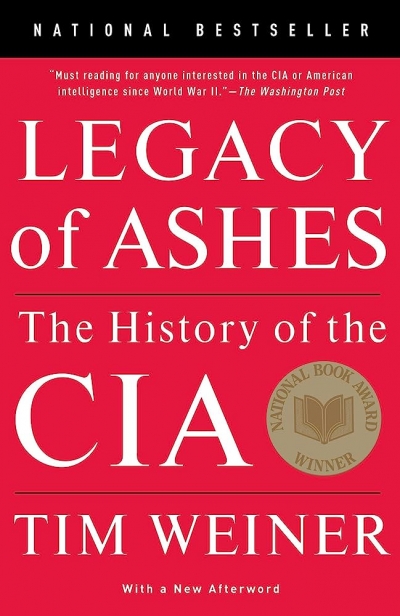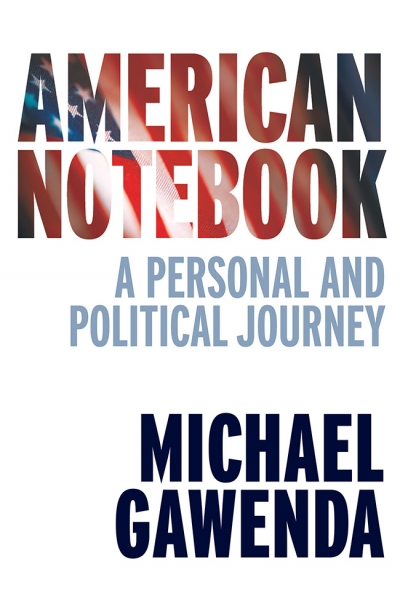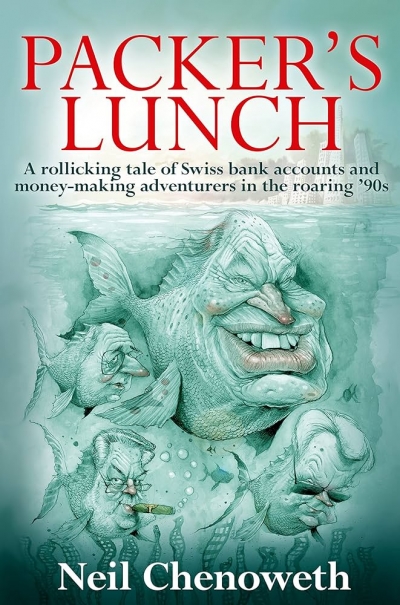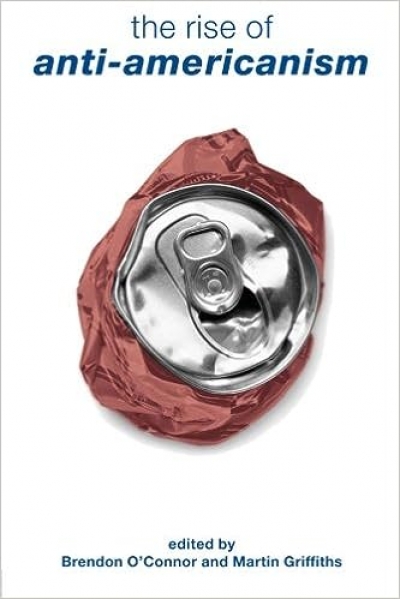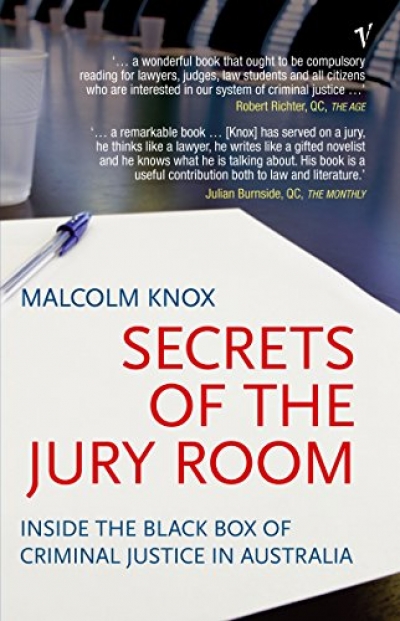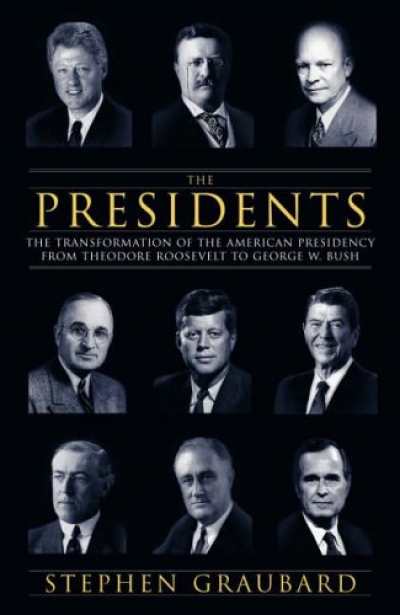Peter Haig
Legacy of Ashes: The History of the CIA by Tim Weiner
by Peter Haig •
American Notebook: A personal and political journey by Michael Gawenda
by Peter Haig •
Packer’s Lunch: A rollicking tale of Swiss bank accounts and money-making adventures in the roaring 90s by Neil Chenoweth
by Peter Haig •
The Rise of Anti-Americanism edited by Brendon O'Connor and Martin Griffiths
by Peter Haig •
Secrets of the Jury Room by Malcolm Knox & The Gentle Art of Persuasion by Chester Porter
by Peter Haig •

